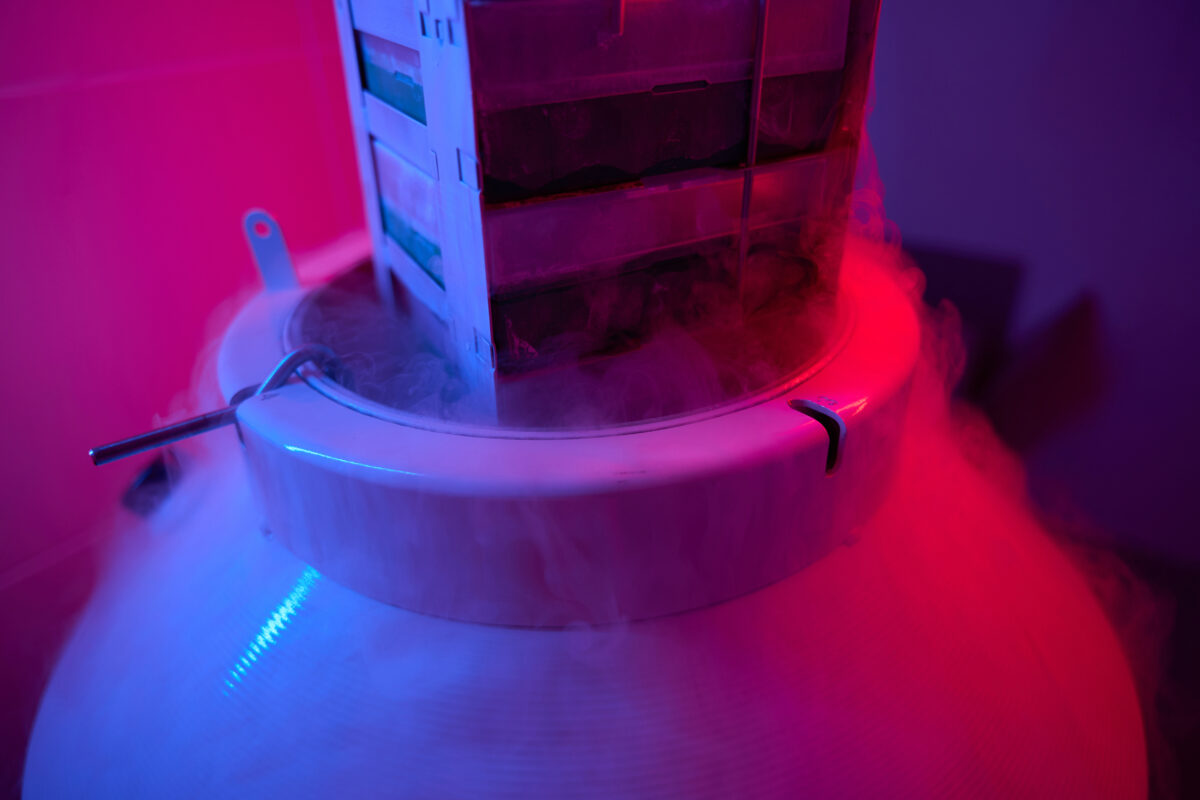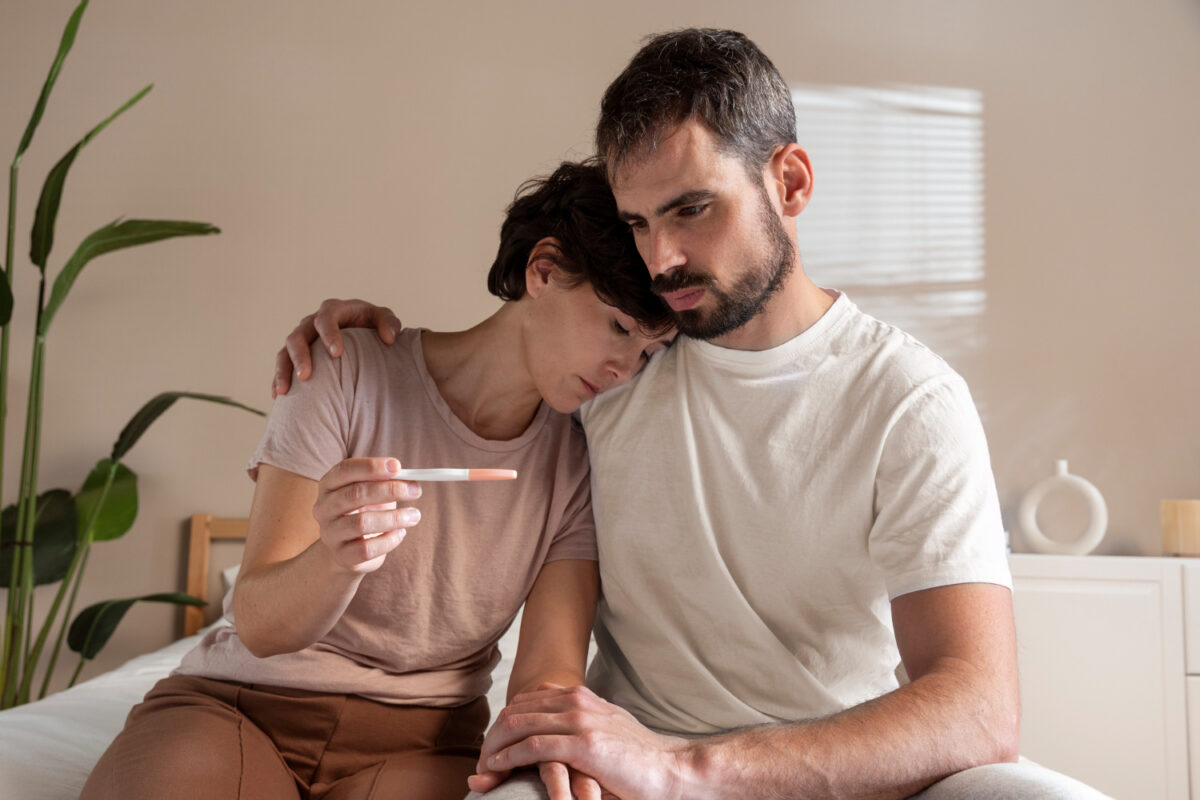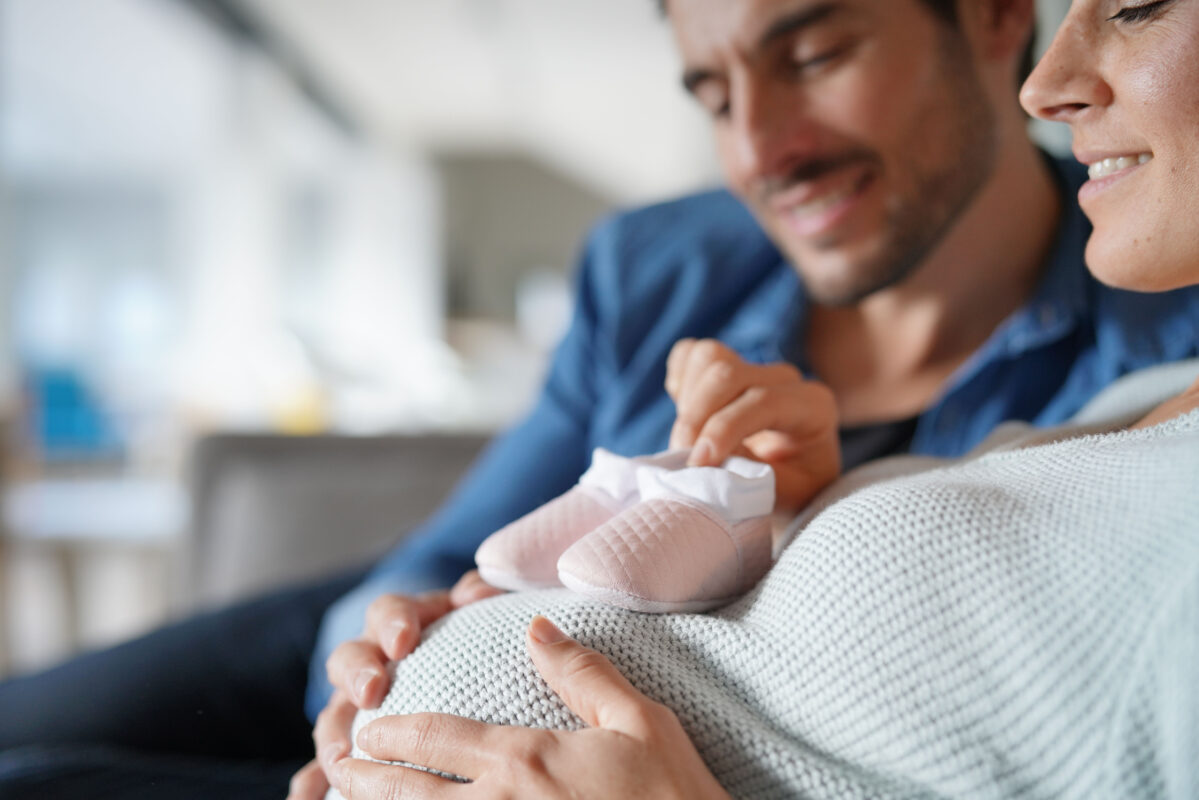The possibility of egg conservation has transformed the way many women plan their motherhood. Today, with work, personal and health demands, it is not always the right time to conceive. Preserving eggs through freezing is an option that allows them to maintain the freedom to decide when to take that step. It is a process that offers peace of mind and security, especially for those who want to be mothers in the future without being tied to the biological changes that occur over time.
Preserving eggs is not a complicated procedure from the woman’s experience, but it does require a conscious and well-informed decision. It is a process of physical and emotional preparation in which each step has its importance.
What is egg freezing?
Egg freezing is a method of preserving fertility. It involves extracting, freezing, and storing a woman’s eggs for future use. It is an ideal option for those who, for various reasons, are not ready to get pregnant right now, but want to keep the possibility of becoming mothers open later.
This process is especially helpful for women who:
- They want to delay motherhood for personal or professional reasons.
- Have medical conditions that could affect their fertility.
- They are about to undergo cancer treatments.
- They know that, in the future, they could face reproductive difficulties.
What is the egg freezing process like?

From a woman’s point of view, the process of freezing eggs begins with an important decision. Making the decision to freeze your eggs can generate many emotions, which is why the procedure entails. It’s natural to have doubts and fears, but once you are well informed, the path becomes clearer.
Step 1: Initial consultation and pre-screening
It all starts with a consultation with the fertility specialist. In this first stage, you’ll have tests to assess the health of your ovaries, ovarian reserve, and overall health. These tests allow us to know how many eggs it is possible to obtain and what the expected quality is. It is also a time to resolve any doubts about the procedure, understand the times and plan the next steps.
As a woman, a lot of reflection can arise in this phase. From your current situation to your future plans, including the importance of taking care of your physical and emotional health before starting. It is essential to have a medical team that provides you with comprehensive support.
Step 2: Ovarian stimulation
After the tests, the ovarian stimulation phase begins. This is a 10-14 day process in which you’ll get daily hormone injections to stimulate your ovaries to produce more eggs than usual. Although the process may sound intimidating, it is not painful and they teach you how to give yourself the injections at home. In some cases, they can cause abdominal discomfort, or leave slight marks on the skin, after several similar applications.
During these days, you will have to go to several ultrasounds to monitor how your ovaries respond to the treatment. These appointments are usually quick and allow you to get on with your daily routine. Here, patience and self-care are key, as your body is actively working to produce the eggs that will then be preserved.
Step 3: Egg Retrieval
When your eggs are ready, the retrieval is scheduled, which is performed under light sedation. This procedure is outpatient, so you don’t need to be hospitalized, and in most cases, you can go home the same day.
The extraction procedure is short, lasting between 20 and 30 minutes. You won’t feel pain from sedation, but you may experience mild discomfort or swelling in the days after. This step marks a close in the most intense phase of the process. For many women, it’s a moment of relief and peace of mind, as the eggs are already preserved and they don’t need to worry about the biological clock anymore at that moment.
Step 4: Freezing and storing the eggs
Once extracted, the eggs are frozen and stored in specialized laboratories. This technique, known as vitrification, allows the quality of the eggs to be preserved safely for several years. It’s a quick and effective process that ensures your eggs will be ready when you decide to use them in the future.
Here it is important to remember that freezing has a monthly or annual cost in the clinic where you decide to carry out the storage. This cost covers the maintenance of the eggs in optimal and safe conditions. Although it varies between clinics, it’s a good idea to check fees and payment options beforehand to make sure they fit your budget.
Currently, in Colombia there is no specific legislation that regulates the destination of frozen genetic material when it is no longer needed or has been forgotten. However, some aspects related to assisted reproduction and the preservation of genetic material are covered in a general way within the framework of fundamental rights, health regulations and bioethics that any fertility clinic must follow.
Find out in detail about the contractual conditions and implications of storing, caring for and managing your eggs over time.
How long can frozen eggs be stored?

One of the great advantages of vitrification is that the eggs can be preserved for several years without losing quality. The age at which you decide to freeze your eggs is one of the most important factors. Freezing eggs at a younger age, ideally before the age of 35, offers a higher chance of success in the future, as the quality of the eggs is better.
By preserving your eggs, you have the freedom to decide when it’s the right time to use them. Whether you do it in a few years or you decide to wait longer, your eggs will be there, preserved and ready to be used whenever you want.
The egg freezing process doesn’t just involve physical aspects, it’s also an emotional journey. Making the decision to postpone motherhood can generate many emotions: from relief, for having control over your future, to uncertainty about when the right time will be. Having an emotional support network, whether from family, friends or a mental health professional, is key to feeling accompanied at every stage.
At Fertivida, we understand the importance of this decision and offer comprehensive support to all women who decide to keep their eggs. In addition to guiding you through every phase of the process, we provide emotional counseling to help you feel at peace with your decision and the process.
If you are considering freezing your eggs, at Fertivida we can accompany you on this path, guaranteeing the care of your health and well-being at all times.





